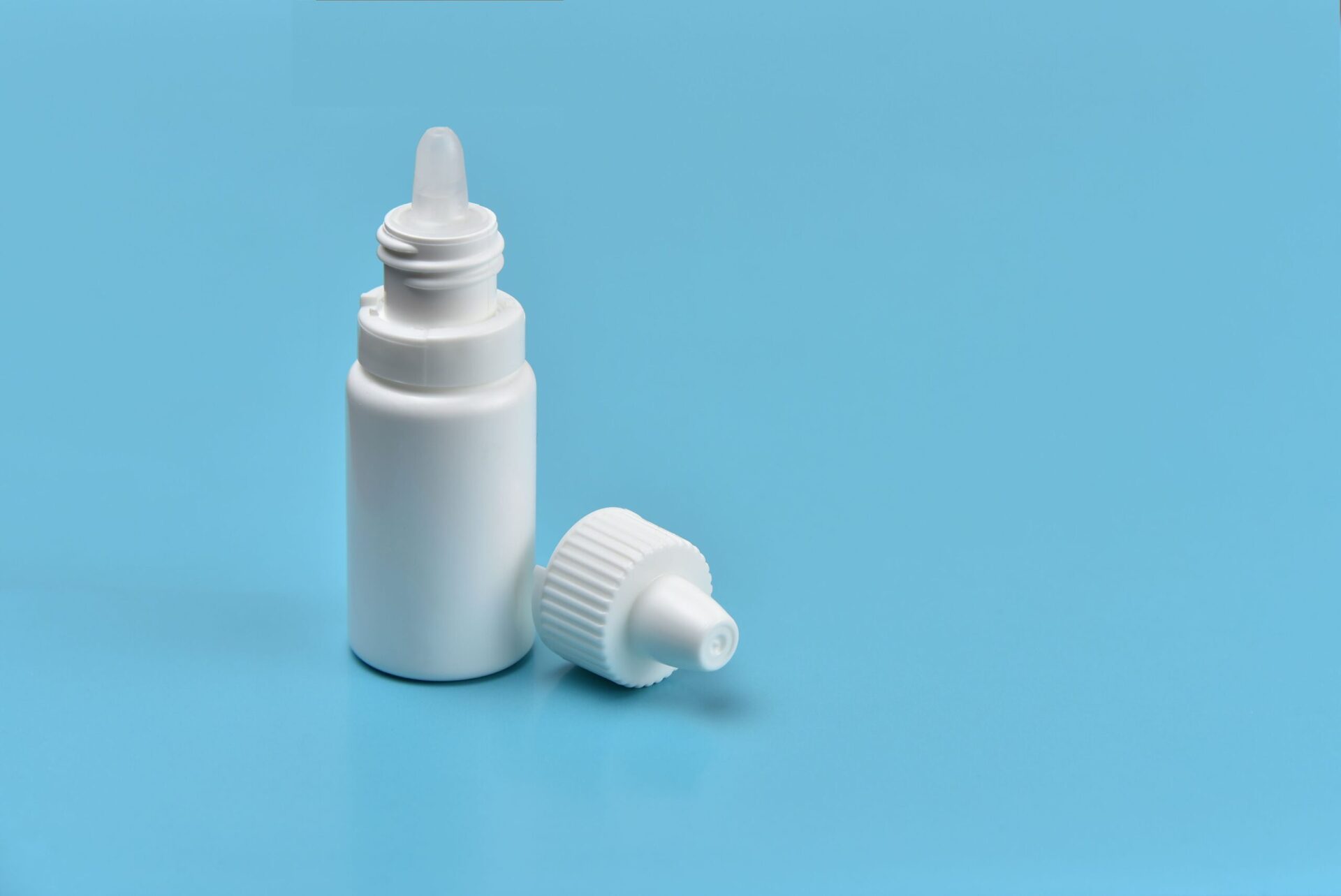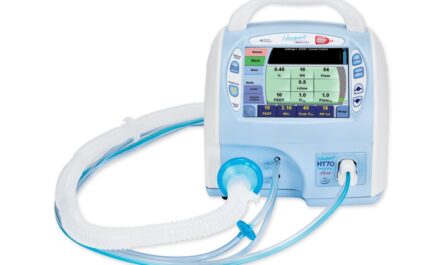A breakthrough in medical research may offer a less invasive alternative for treating wet age-related macular degeneration (AMD), a leading cause of blindness. Currently, the standard treatment for wet AMD involves injecting medication directly into the eye, a painful and uncomfortable procedure. However, scientists at the University of Illinois Chicago have developed a compound that can be administered as eyedrops, potentially replacing the need for injections.
Wet AMD occurs when abnormal blood vessels grow in the back of the eye, causing damage to the macula, a part of the retina, by leaking blood into it. To prevent further damage, regular injections of medication are required to inhibit the growth of these blood vessels. The new compound developed by the researchers targets a protein called End Binding-3 (EB3), present in the endothelial cells that line the inside of blood vessels. By inhibiting the activity of EB3, the medication prevents the vessels from leaking, thereby reducing the damage to the macula.
In tests conducted on mice and monkeys with wet AMD, the compound showed promising results. When administered twice daily in the form of eyedrops, the compound effectively stopped the leakage of blood vessels, significantly reducing macular damage within two to three weeks. Additionally, the researchers discovered that the compound could also reverse aging-related eye problems by restoring gene expression to a normal, healthy state.
Lead scientist Assoc. Prof. Yulia Komarova explains how the medication improves regenerative processes and accelerates healing, reducing the effects of stress on endothelial cells. The potential implications for cell function and eye health are significant. The researchers are now exploring the use of special contact lenses that gradually release the compound into the eyes over time. Furthermore, they are investigating its potential application in the treatment of non-eye-related conditions such as stroke and heart disease.
It is worth noting that scientists at the University of Birmingham have previously developed their own eyedrops for treating macular degeneration. Their approach involves utilizing a cell-penetrating peptide to deliver existing drugs to the affected part of the eye within minutes. These advancements in eyedrop treatments hold promise for future patients suffering from AMD, offering a less invasive and more convenient method of administration.
The research study has been published in the journal Cell Reports Medicine. As further research and development continues, the medical community remains hopeful that these breakthroughs will lead to improved therapies for wet AMD and other ocular and non-ocular conditions.
*Note:
1. Source: Coherent Market Insights, Public sources, Desk research
2. We have leveraged AI tools to mine information and compile it



